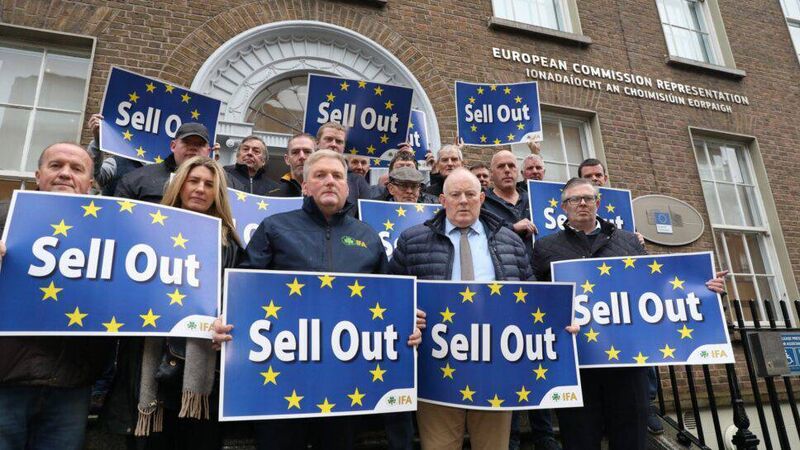EU seeks to win over opponents of Mercosur trade deal

Farm organisations in Ireland have criticised the deal.
The European Commission presented an EU trade accord with South America's Mercosur bloc for approval today, hoping to win over the main critics of the deal - France, Poland and European farmers including in Ireland - with promises of safeguards.
The European Union and the bloc of Argentina, Brazil, Paraguay and Uruguay reached the free trade agreement last December, some 25 years after negotiations were launched.










